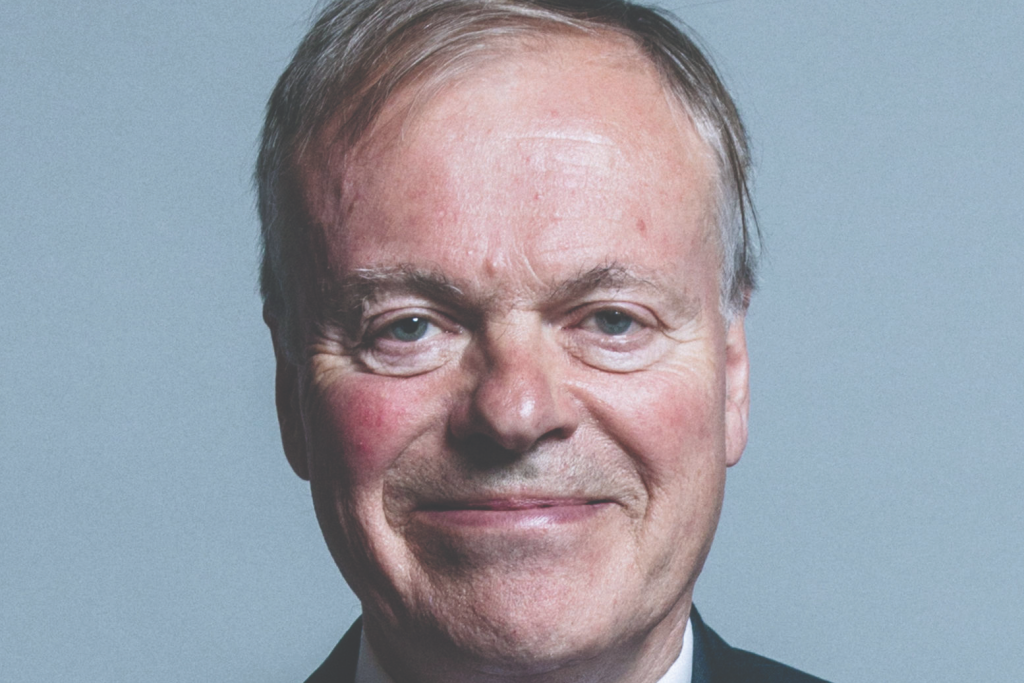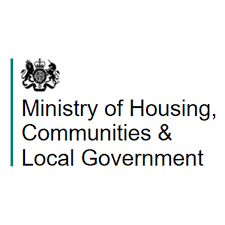Clive Betts, chair of the Levelling Up, Housing and Communities Committee, has said the next government must utilise modern methods of construction (MMC) in order to deliver 90,000 social homes a year.
Clive Betts, chair of the Levelling Up, Housing and Communities Committee
Speaking at the Housing Conference in Manchester yesterday (26 June), Betts argued the next government must build at least 300,000 new homes per year, which should include 90,000 new social homes.
He added MMC would be a key method in helping meet these delivery targets. “Why aren’t we using different methods of construction,” Betts said.
“There are companies who are doing quite well. There’s a company called Citu in Leeds, who are just about to start a significant housing development in my constituency, which will include social housing thanks to grant funding from Homes England.”
Following recent failings in the MMC sector, such as the closure of L&G’s factory last year and Ilke Homes entering administration, Betts called on further government support and guidance for MMC developers.
“There isn’t an overall strategy to actually take us forward on this. So, I think there has to be a government approach to look at and develop new ways of building homes.”
Meanwhile, Fiona Fletcher-Smith, chair of the G15 group of housing associations, highlighted the need for overseas developers to help meet national housing targets.
Fletcher-Smith also echoed Betts’ calls for at least 90,000 new social homes per year, which should be made available at 40% of the current market rent. She also argued additional social housing could generate a further £8bn for the London economy alone.
She said: “There’s not just the human cost on housing, there is also an economic benefit to delivering social housing.
“The average salary of a nurse in London is around £38,000. If that nurse is in social housing, we save them £16,000 a year. That’s obviously money they could use to feed their kids, buy a car, go on holiday, go to restaurants and cinemas, go out for the evening and contribute to the economy.
“There are 328,000 family members on waiting lists. If we were to add those people, that would add another £8bn a year for the London economy. Social housing is not just a public good; it’s something that is economically sound.”








